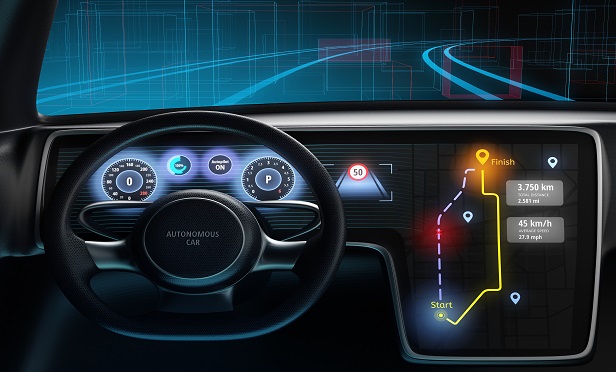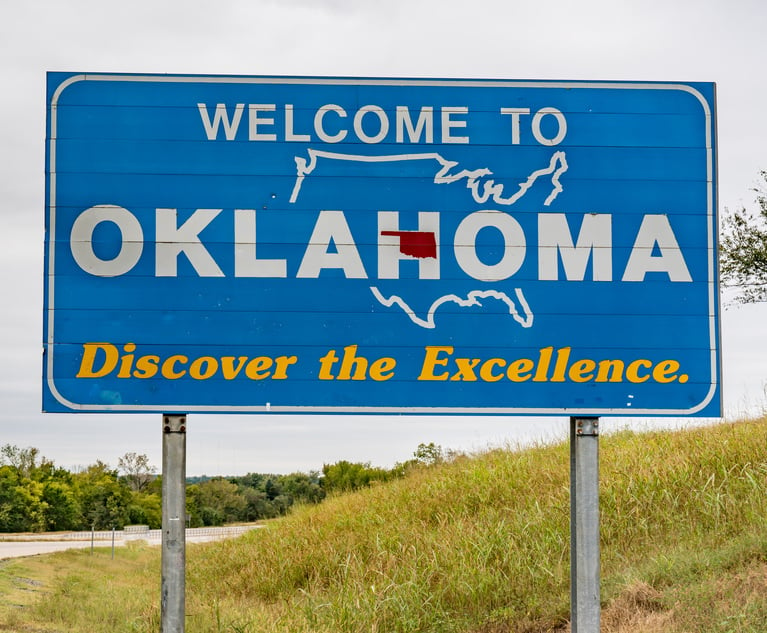
As many in the insurance industry are well aware, there haverecently been a few fatal accidents in the United Statesinvolving autonomous vehicles.
|While still under investigation, these accidents brought to theforefront concerns about who is truly liable when such an accidentoccurs.
|Uber has already settled with part of the family for the pedestrian who was struck and killed by one ofits autonomous vehicles in Arizona.
|However, the question of who is, or will be, liable for such accidents when such vehicles startoperating in truly autonomous form on a regular basis loomslarge.
|Is the owner of the vehicle liable for accidents as wellas possible malfunctions, even if that individual orentity was not in control of the vehicle? Or will the manufacturer of the vehicle be liable,whether or not the vehicle malfunctioned?
|A view from abroad
The Japanese government's Council on Investments for the Futuremet last week and issued a proposed set ofguidelines regarding how to assign such liability. Japan hopesto set regulatory and legal direction before the cars becomemainstream.
|A key issue is the third level of automation, where the vehicleis capable of operating on its own under certain situations with adriver present. This third level is where the vehicles in both theArizona and California vehicles were operating.
|Japan's proposed guidelines make the owner liable for accidentsthat occur while the vehicles are operating autonomously. Thesevehicles will be covered by standard insurance. The manufacturerswill be liable only if there is a clear flaw in the vehicle'sautonomous system.
|In order to determine whether or not the vehicle malfunctioned,autonomous vehicles will be required to haverecording devices that log location, steering and operationalstatus of the autonomous driving system.
|The Japanese guidelines also indicate that hacking of autonomousvehicles and any resultant damages will be considered the same astheft, as long as vehicle owners take proper security measures andkeep the systems updated as per the manufacturer'sinstructions.
|Another distinction in Japan is, the country's road and trafficlaws are based on the Geneva Convention on Road Traffic, whichassumes human involvement.
|Closer to home
This is different from how the United States has been looking atthe autonomous vehicle liability issue as some domesticmanufacturers have already indicated that when the vehicle is inautonomous mode, they will accept liability for an accident.
|However, in the Tesla crash, where the driver was awarethat the system was not acting correctly at a particular location,Tesla has stated that because the owner knew of the issue andshould have acted to prevent the accident, its vehicles was notfully autonomous.
|Conventional wisdom
Autonomous vehicles were not contemplated when the GenevaConvention was established in 1949.
|It was replaced by the Vienna Convention on Road Traffic in1968; the Vienna Convention was put in force on May 21, 1977 forsignatory countries.
|The Convention was designed to facilitate international roadtraffic and increase safety by establishing standard traffic rulesin the participating countries. All of Europe, Russia, Japan,and parts of Africa and South America participate in thetreaty.
|It will be interesting to see how autonomous vehicles arehandled by the Convention once they become more popular.
|Meanwhile, the insurance industry is merely at thebeginning of making a final determination of liability whenautonomous vehicles are involved.
|See also:
|JD Power study shows the public split on driving inautonomous vehicles
|The shift to autonomous vehicles means opportunityfor insurers
|Want to continue reading?
Become a Free PropertyCasualty360 Digital Reader
Your access to unlimited PropertyCasualty360 content isn’t changing.
Once you are an ALM digital member, you’ll receive:
- All PropertyCasualty360.com news coverage, best practices, and in-depth analysis.
- Educational webcasts, resources from industry leaders, and informative newsletters.
- Other award-winning websites including BenefitsPRO.com and ThinkAdvisor.com.
Already have an account? Sign In
© 2024 ALM Global, LLC, All Rights Reserved. Request academic re-use from www.copyright.com. All other uses, submit a request to [email protected]. For more information visit Asset & Logo Licensing.








